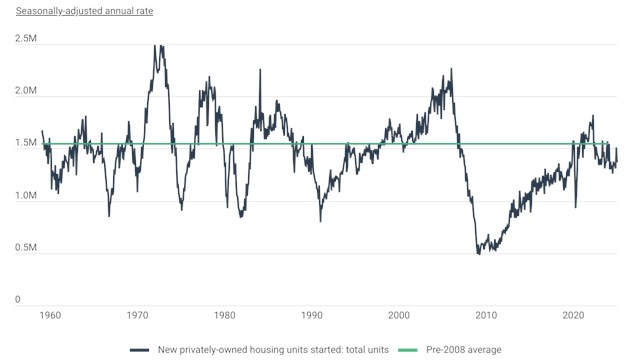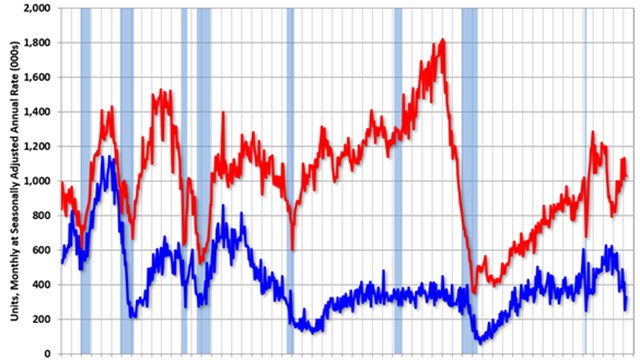In the final years of the 20th Century, buyers of Manhattan residential real estate faced the Herculean task of facing the capital gains tax law, which eliminated the "rollover" of capital gains from the sale of one primary residence to the purpose of another, severely constricted the transfer of properties in the high-end, upscale Manhattan market. The resulting shortage of product, coupled with booming equity markets and abundance of available funds, has brought about the most competitive market for housing in this area since the World War II era.
The dawn of the new millennium has only confirmed this trend, as the high demand for–and meager supply of–Manhattan luxury housing continues in all size and price categories, from the smallest studio to the grandest mansion. For those properties that do become available, there are numerous potential purchasers lying in wait to make handsome offers. Multiple bidders and even bidding auctions have fast become more the norm than the exception.
The question remains: What does the balance of the year 2000 hold? Will prices continue their upward spiral? Should buyers wait for a market correction, or jump into the market now?
Short of a major stock market correction or other financial catastrophe, the availability of product is unlikely to change much from what we’ve been witnessing recently. Construction of new residential units is hampered by the lack of appropriate locations in which to build. (Witness the upscale gentrification that’s now happening in such unlikely neighborhoods of the city as the Lower East Side, Hell’s Kitchen and Harlem.) With the few new projects that are introduced to the buying public, there’s a frenzy to purchase, and many of these "sell out" long before the building is constructed.
These owners who decide to sell are aware of these realities, and consequently set asking prices over and above comparable sales which preceded theirs. And buyers are paying those prices, rather than waiting to see what the next round will bring.
For potential buyers, this requires raising their financial sights in order to find the property of their dreams. For those who can’t do so, some compromise is in order. Downscaling size and/or lessening neighborhood requirements is often the remedy. A family in a two-bedroom apartment with two children, who are looking for four bedrooms in a better neighborhood, might have to stay in their current neighborhood and/or settle for a three-bedroom apartment. Or, if four bedrooms are essential, they may need to choose a less fashionable neighborhood to meet their size requirement at a price they can still afford.
With such a competitive market, co-op boards are carefully screening people who may have "financially over-extended" to buy the apartment. Financial requirements for co-op buyers–which have always been hefty–are even more stringent in today’s market. Sellers are often requesting their brokers to provide them with a financial "prescreening" of potential buyers before accepting an offer. In addition, condo boards are increasingly requiring full co-op board-type presentations prior to purchase. Though they cannot turn down applications as readily, they do possess the ability to exercise their right of first refusal and find another buyer on equivalent terms within a short period of time. Although I’ve rarely seen this happen, the fact that purchase requirements in many condos are now scrutinized as carefully as co-ops is becoming widely accepted among Manhattan condo buyers.
Mortgages, which have always been integral to the purchase of apartments and houses in New York, continue to remain important. But where are the multiple bidders, sellers are opting for a "sure deal" rather than one that hinges on a buyer qualifying for financing. So, the bulk of buyers in the Manhattan market are now willing to sign contracts of sale which are not contingent on financing. And in some cases, banks and mortgage brokers now provide a buyer with bank loan commitments prior to the buyer even finding a purchase.
I would have to say that the "new millennium" in Manhattan residential real estate began even before the calendars changed over to the year 2000! The fast-paced, competitive market of recent years–covering all areas of property sales and rentals–appears likely to continue throughout the current year.






Leave a Comment